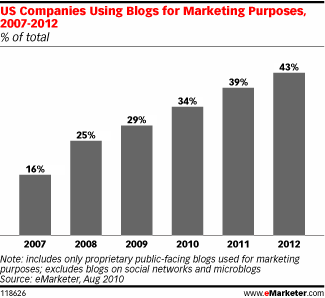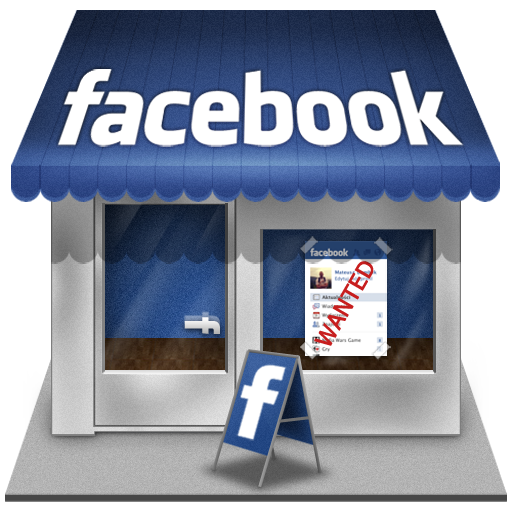Do you believe in coincidences? I used to.
Now when I’m pondering on my way home whether to go to the gym or not, receive a “two for one” – push message in an Italian restaurant nearby, a friend calls me that moment and asks if I feel like a pizza in that exact restaurant as he’s around my neighbourhood … I’m impressed, but at the same time annoyed.
Why?
It wasn’t a coincidence. Nothing is stronger than a habit and habits are very easy to predict.
I salute the marketing intelligence behind personalization, yet the last thing I need is a trigger to enforce my bad habits. I take the same route home pretty much every day and get a pizza on Thursdays as a treat. My friend has a course nearby on Thursdays, and he was checking out restaurants, saw I had recommended the Italian, and thought it would be great to see me. Perfect timing for a push message.
No, I didn’t go to gym. Instead I ended up stuffing my face with a pizza … it was a sign!
Personalization is getting more personal
People want – no, expect – personalized experiences and we need to innovate to bring extra value.
Not only are we able to individualize products on the go, but also target people based on their demographics, likes, location and who they’re with.
And it’s getting even more personal: it’s now also possible to predict people’s personality on social networks based on their likes and behaviour, and target them accordingly.
If you are an introvert, you are more likely to click calm images with one person. If you are neurotic, you are likely to react to more fear based ads. But are we really showing our real selves on social channels or more of an idealized picture of our lives?
(I would love to see the targeted ads for the trolls though 🙂 )
Mobile is the biggest game changer
Digitalization might be taking personalization to the next level, but mobile is the biggest game changer.
93% of our communication is non-verbal. What we actually do shows a clearer picture than what we say, post or search.
Thanks to sensors on our mobiles, it’s possible to learn, analyze and predict our behaviour without us having to say anything. Data from real observations shows your real life, real habits, real patterns – what do you tend to do when you feel the certain way. It shows mood in context.
In fact, it can predict what you are going to do better than you do.
Better user experience?
The point of personalization is to provide a better customer experience to sell more – by showing right content in the right place to the right person when their actions indicate they need it. It’s ideal to be in the background, only notifying the person when the context is right.
When you are able to add mood in the mix, we’re in front of a dilemma. This type of targeting is ridiculously impactful: our decisions and actions are always triggered by something specific, even if we may not remember or notice what it exactly was.
Let’s say Spotify would sense you’re unmotivated on your way home and starts to play upbeat songs to trigger you to go to gym. Good.
On the other hand, a hacker can target you when you are distracted and more likely to open that attachment. Bad.
What exactly is appropriate use of data?
Contextually relevant experiences are impossible without data and it’s difficult sometimes to draw a line between highly relevant, smooth customer experience and being outright creepy. Whether this type of personalization is ethical or not, doesn’t only depend on what purpose it is for. Has the user given their consent and do they know what they are agreeing on?
It is easy to get frustrated with regulations and especially upcoming GDPR – why only Americans get to play with all the new cool tech?? – yet there’s a reason for stricter regulations and clarity: lack of trust. According to the 2016 Trust and Predictive Technologies data report, 71% of people think that most companies with access to their personal data DO NOT use it ethically.
GDPR is our chance to do things right
As marketers we have to take the responsibility and become “white hats” – we need to be clear what the users are signing up for and forget the legal jargon in terms and conditions no one reads.
GDPR is our chance to do just that. Yes, it can be annoying to collect data ethically as it may reduce the amount of opt-ins. On the other hand, data is becoming increasingly valuable to companies, but if collected or used unethically, it can crush company’s reputation.
According to PwC 2017 survey, 64% of the CEOs think the way their firm manages data will be a differentiating factor in the future.
Give consumers the choice, informed choice
People are concerned of ethics and privacy, but they also want relevancy. Complicated? It doesn’t have to be.
Why won’t we let consumers to make an informed choice, for example, between a regular service and an enhanced, personalized service?
As long as we make personalization optional and are clear of the additional value and how the data is used, consumers are likely to test it and then upgrade. Once we take a friction point out of customer experience, privacy concerns decrease.
That being said, personalization is getting more personal faster than regulations are able to catch up to protect the data privacy. When consumers hand over their data, they trust us to keep it safe and use triggers ethically. Instead of complaining about regulations, we need to be proactive and create an ethical data framework in the company. In fact, data ethics should be one of the KPIs for every employee who’s in contact with customer or employee data.
Personalization brings incredible possibilities and we should definitely play and become “master personalizators”. But let’s not break the trust: treating customers with integrity is a better long term strategy.
In the end, as Gary V says: how you make your money is more important than how much you make.








